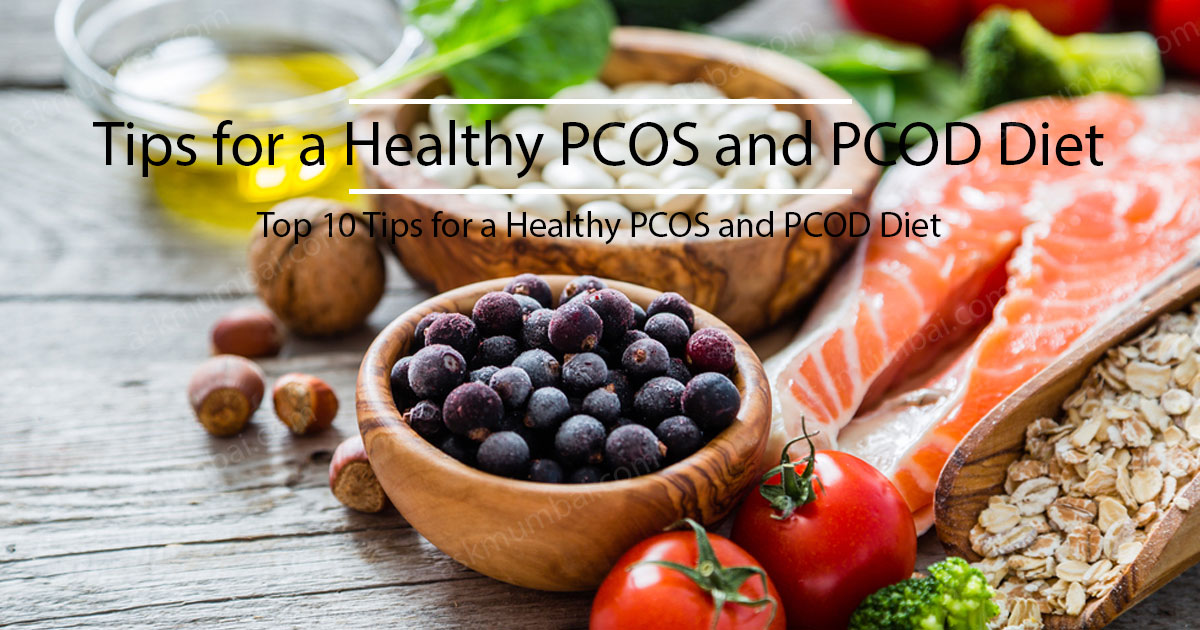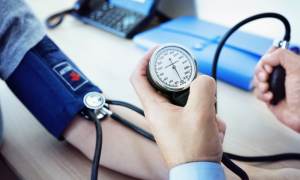Up to 65% of all women with polycystic ovary syndrome, or PCOS PCOD, struggle with controlling their weight or are obese. Because PCOS and PCOD sufferers have higher than normal insulin levels, controlling insulin, a hormone that is produced in your pancreas, through a PCOS and PCOD diet can have many benefits. The wrong kind of diet, one high in refined carbohydrates, can make insulin resistance, and therefore weight loss, more difficult to control.
PCOS is typically earmarked by irregular periods or by no menstruation at all. Women with PCOS typically have multiple cysts in their ovaries, caused by an overproduction of hormones called androgens. Women with PCOS, particularly when its symptoms are not controlled, may also be at greater risk for heart disease, endometrial cancer, Type II diabetes, and high blood pressure. Around 50 percent of women with the disorder are overweight and common symptoms include acne, hirsutism (hairiness), and male pattern baldness.
Many women with PCOS and PCOD find they are able to manage their symptoms and reduce their risk of other medical concerns by controlling their diet and lifestyle choices with a PCOS diet. Women who thrive with PCOS know that food is medicine. The right PCOS diet foods can heal your most challenging symptoms.
The essence of eating to heal with PCOS is to consume food in its most natural state. Processed and refined foods wreak havoc with hormone levels, so clean eating will actually help you begin to balance your hormones. As insulin, cortisol, progesterone, testosterone, estrogen, and the thyroid become more in balance, PCOS symptoms can be more controlled.
10 PCOS and PCOD Diet Rules:
1. No Processed Foods: Avoid processed and refined foods such as white flour, sugar, bread, and pasta. Instead eat whole gluten-free grains like oatmeal, brown rice, millet, amaranth, and quinoa.
2. Increase Fiber: Eat more foods that are high in fiber. Because fiber slows down digestion it is effective at combating insulin resistance.
3. Drink More Water: Drink two liters of water per day, flavoring with cut-up fresh citrus, cucumber, mint, or berries.
4. No Refined Sugar: Avoid foods with simple carbohydrates such as refined sugar, high-fructose corn syrup, artificial sweeteners, artificial colors, MSG, trans-fats, and high saturated fat.
5. Less Ingredients: Eat packaged foods with 5 or fewer all-natural ingredients. Any product with a long ingredient list is usually highly processed.
6. Limit Alcohol: Make alcohol an occasional indulgence – not an everyday occurrence. A glass of red wine is fine once in a while, but after one glass, the benefits are reversed.
7. Eat More Smaller Meals: Eat small meals every 3-4 hours to avoid spikes in your blood sugar.
8. Balance Carbs and Proteins: Always combine a lean protein and complex carb at every meal/snack. For example, a slice of turkey and a handful of nuts with a half of banana. Or yogurt with a small piece of cheese.
9. Take the Right Foods With You: Pack your own lunches for work or play. Make sure you bring along snacks so you have healthy choices wherever you go and don’t eat whatever is available because you are starving.
10. Avoid Carbohydrate Foods: Avoid Low glycemic index foods. they can cause blood sugar levels to spike in a very short time.




